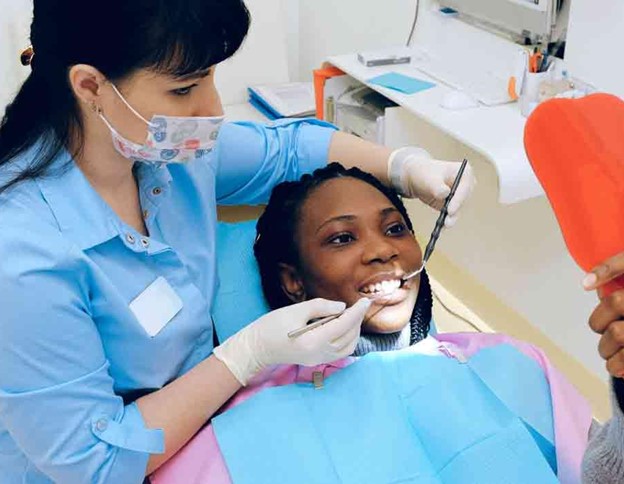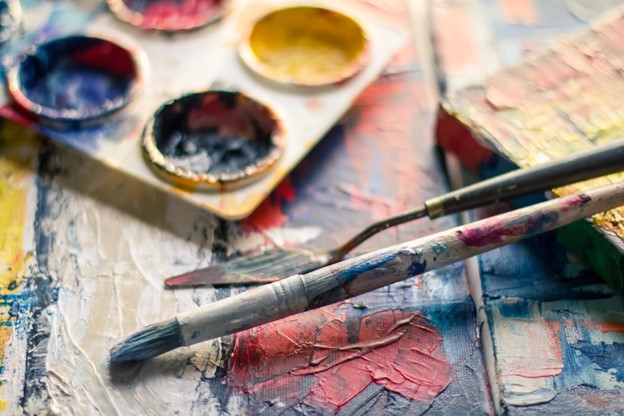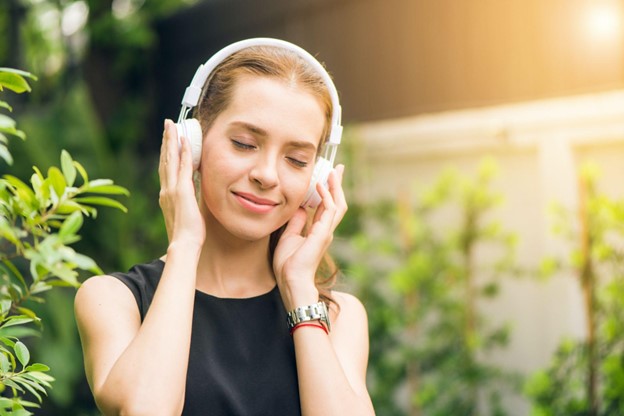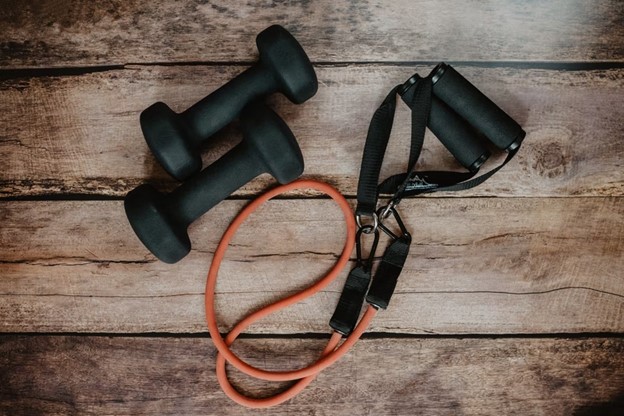A key focus of my blog is Health/Wellness. Your mental health is arguably the most of important aspect of your being as it drives everything in your life. Thus it’s critical to keep yourself as mentally healthy as possible. The following contributed post is entitled, 6 Ideas For Nurturing Your Mental Health To Stay Well.
* * *

Your mental health plays a significant role in how you feel each day and what you can get done. When you feel lousy then you likely also feel unmotivated and have a lack of energy and focus.
The upside is that it’s not too late to turn your situation and mindset around for the better. There are actions you can take that will benefit you and your wellbeing and help you focus on the positives. Here are six ideas for nurturing your mental health to stay well so you can put your best foot forward and get the most out of each new day.
1. Practice Meditation & Yoga
Practice meditation and yoga regularly if you want to boost your mental health and wellbeing. Mediating is a great way to notice your thoughts and to let them pass through you. You’ll feel refreshed, less stressed, and better able to concentrate when you meditate often. Yoga is another practice to take up if you want better mental health and flexibility. There are many benefits that come with practicing yoga such as having a strong mind and body connection, feeling more relaxed, and gaining strength over time. If you take a yoga class the instructor will likely end by saying Namaste, so don’t be caught off guard. Take the time to learn what namaste means in yoga to appreciate the full meaning and gesture.
2. Journal & Be Grateful
Another idea to try that will nurture your mental health and help you stay well is to journal and practice gratitude. Journal to release emotions, thoughts, and feelings and as an opportunity to come up with solutions to problems you’re facing. Use your journal to write down what you’re thankful for in your life so you can focus on the positives instead of what’s lacking or missing for you. The more grateful you are the more likely it is that you’ll attract more positivity and blessings into your life in the future. You’ll be less focused on the negative and will begin to see the glass half full.
3. Learn A New Skill or Find A New Hobby
Learning and gaining new skills and knowledge are excellent ways to boost your mental health and wellbeing. Continue to challenge yourself so you can grow and develop as an individual and professional by learning a new skill or finding a new hobby. You may discover new interests or abilities you didn’t know you had in the process. Learning and taking in new information helps you create a more open mindset and allows you to have a different and sometimes more rewarding perspective on a matter.
4. Spend Time in Nature
There are many benefits of getting outside regularly and spending time in nature. It can help you reduce stress and the fresh air and beautiful smells and sights will quickly slow a racing mind. Being in nature is good for your health and emotional wellbeing and will allow you to reset and regroup so you return home ready to focus on the day ahead or your responsibilities. There are a variety of activities you can do if you want to be outdoors more such as walking and hiking or gardening. Even if the weather is chilly you can dress appropriately and get outside for a short stroll or to walk the dog.
5. Make Rest & Sleep A Priority
Lack of sleep can take a toll on your mind and body over time. Your mental health is likely to suffer a great deal if you fail to get enough rest and sleep each night. You must make sleep a priority and take breaks to rest and regroup when you’re feeling overwhelmed or tired. Boost your mental health and wellbeing by going to bed at a decent hour and waking up around the same time each day. Find a relaxing bedtime routine that helps relax you such as taking a warm bath or reading a book instead of playing on your phone or computer.
6. Make Meaningful Connections With Others
Relationships and social connections also have a way of making you feel alive and happy. Boost your mental health and wellbeing by making an effort to establish meaningful connections and bonds with others. Find people who you like spending time with and who you can trust when you want to open up and share your thoughts and feelings with them. Nurture and keep the relationships that you find the most rewarding and encouraging and distance yourself from those who are pessimistic or who tend to bring you down. You’ll be much happier and more satisfied when you give your time and attention to people who truly care about you. You could look into a company like The Picerne Group, which develops and supports innovative programs that provide opportunities for individuals to increase their abilities, knowledge, talent and understanding in ways that will help them better contribute to creating active and healthy communities. Having an active and healthy community can be very positive on your mental health.
Get Help
There’s no overlooking the fact you’ll often need professional help with your mental help. Therapists are the most obvious choice with this, but there are also other options. The goal behind this is being able to understand your emotions and properly deal with them. An Enneagram coach can help with this. Once you get the help you need, staying well will be much easier.









